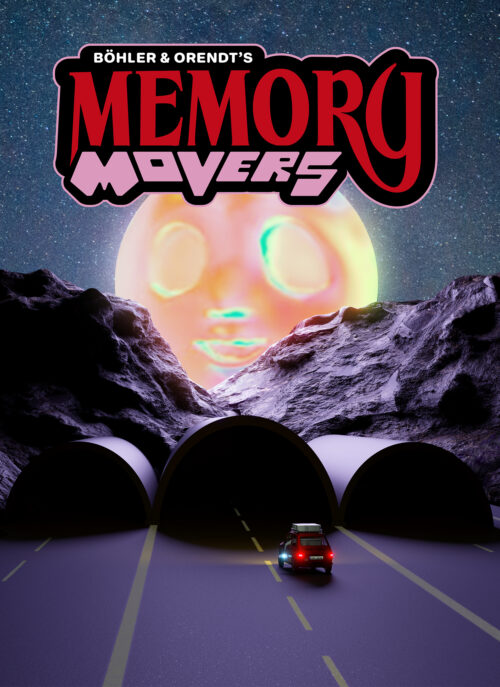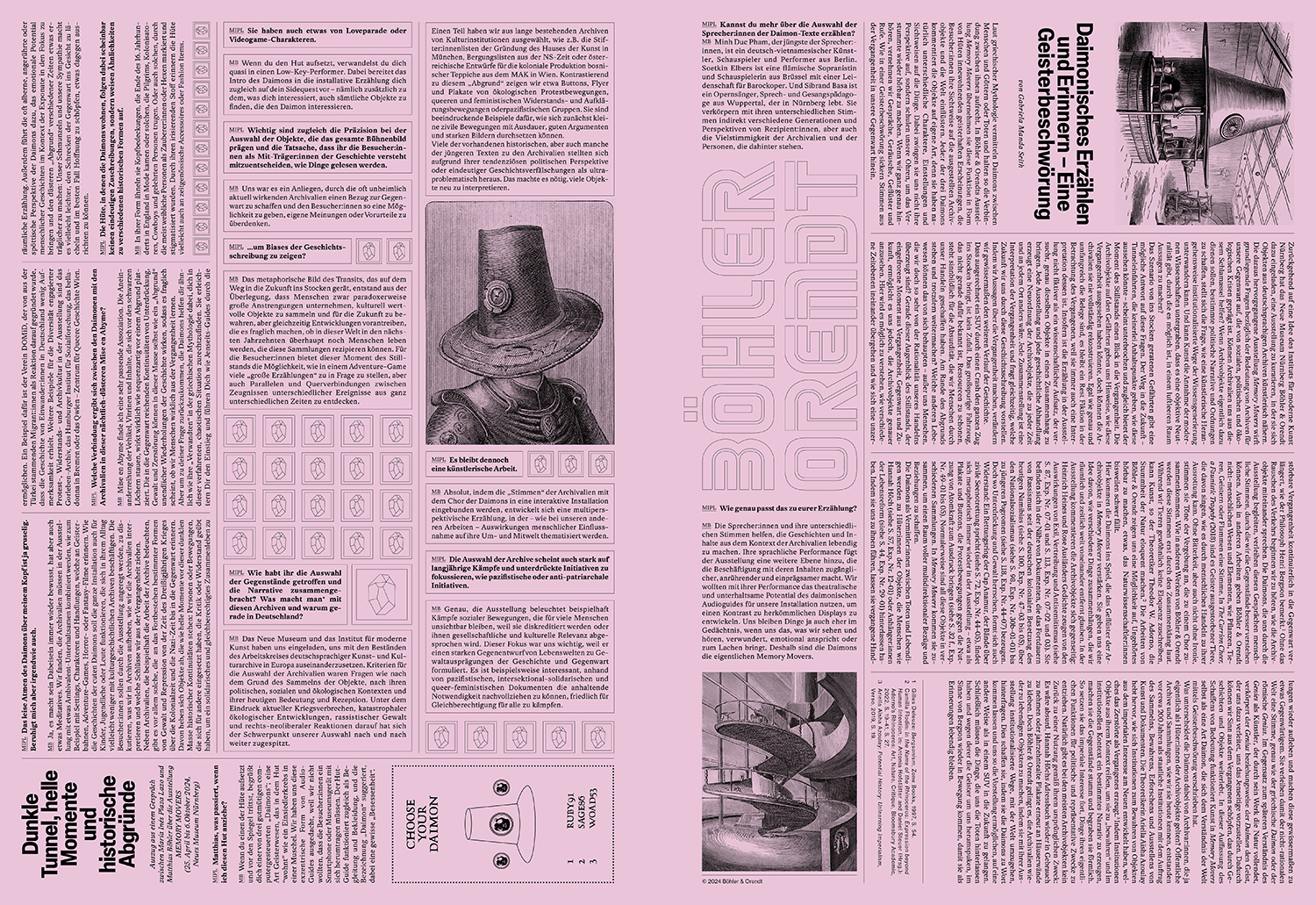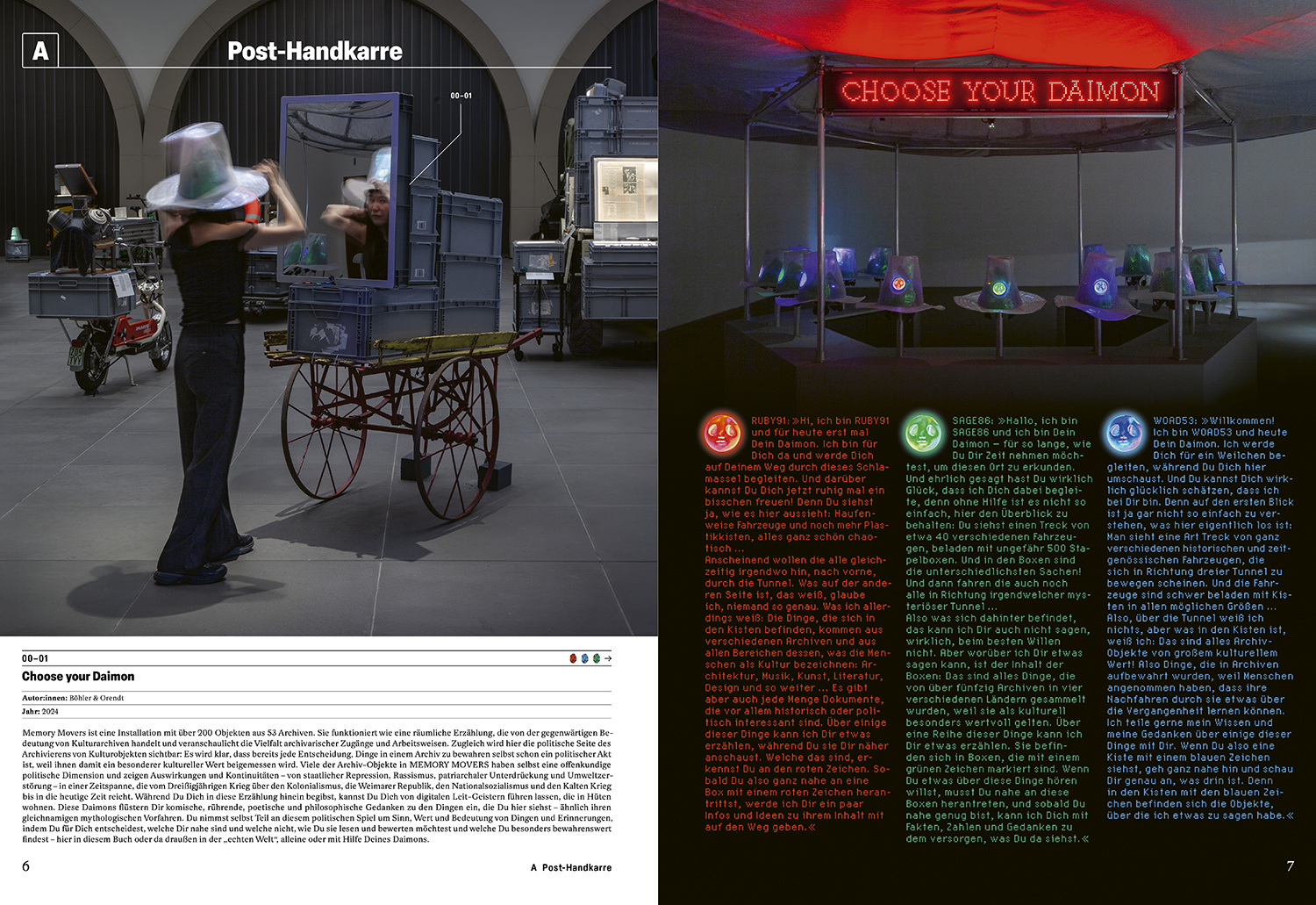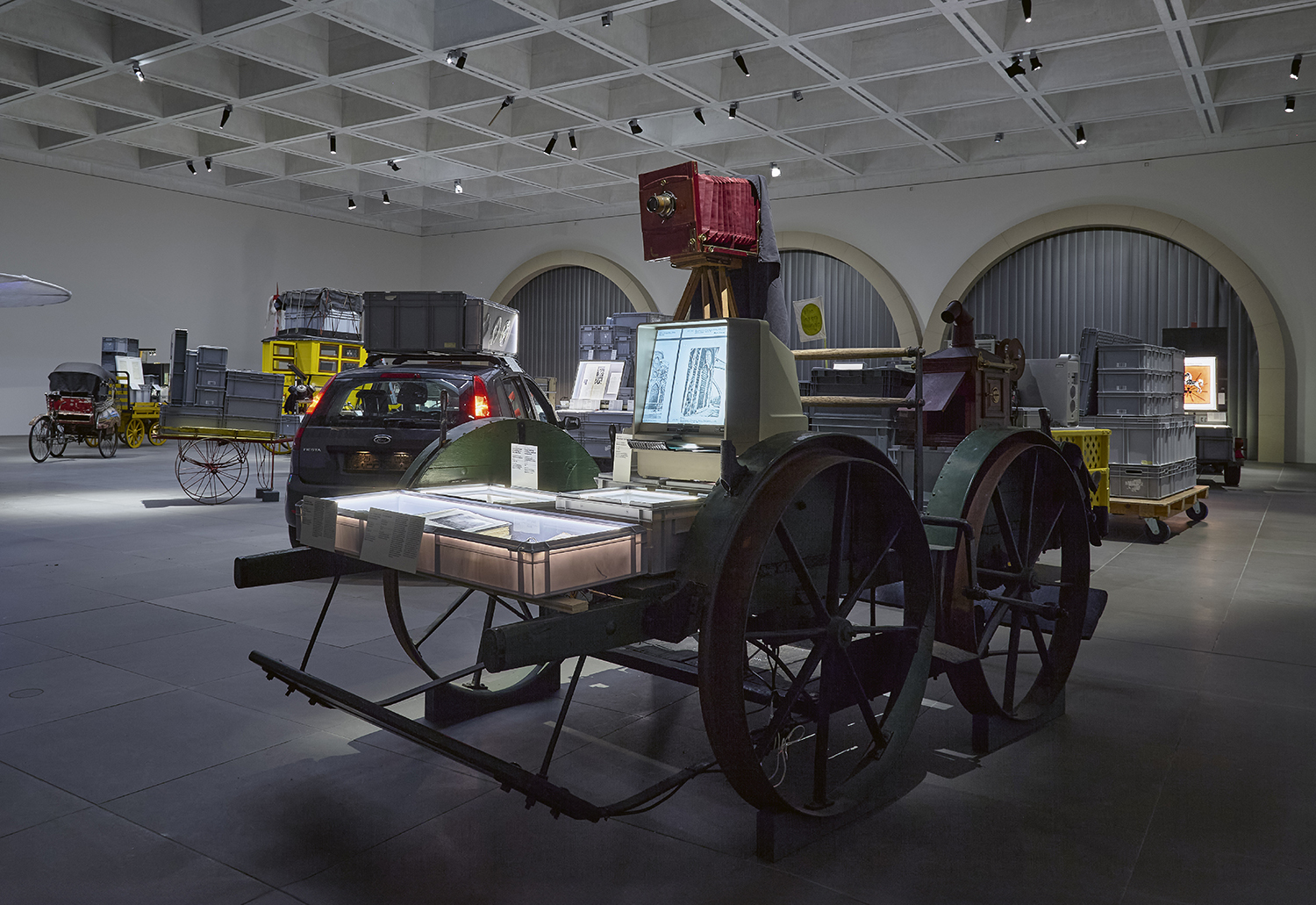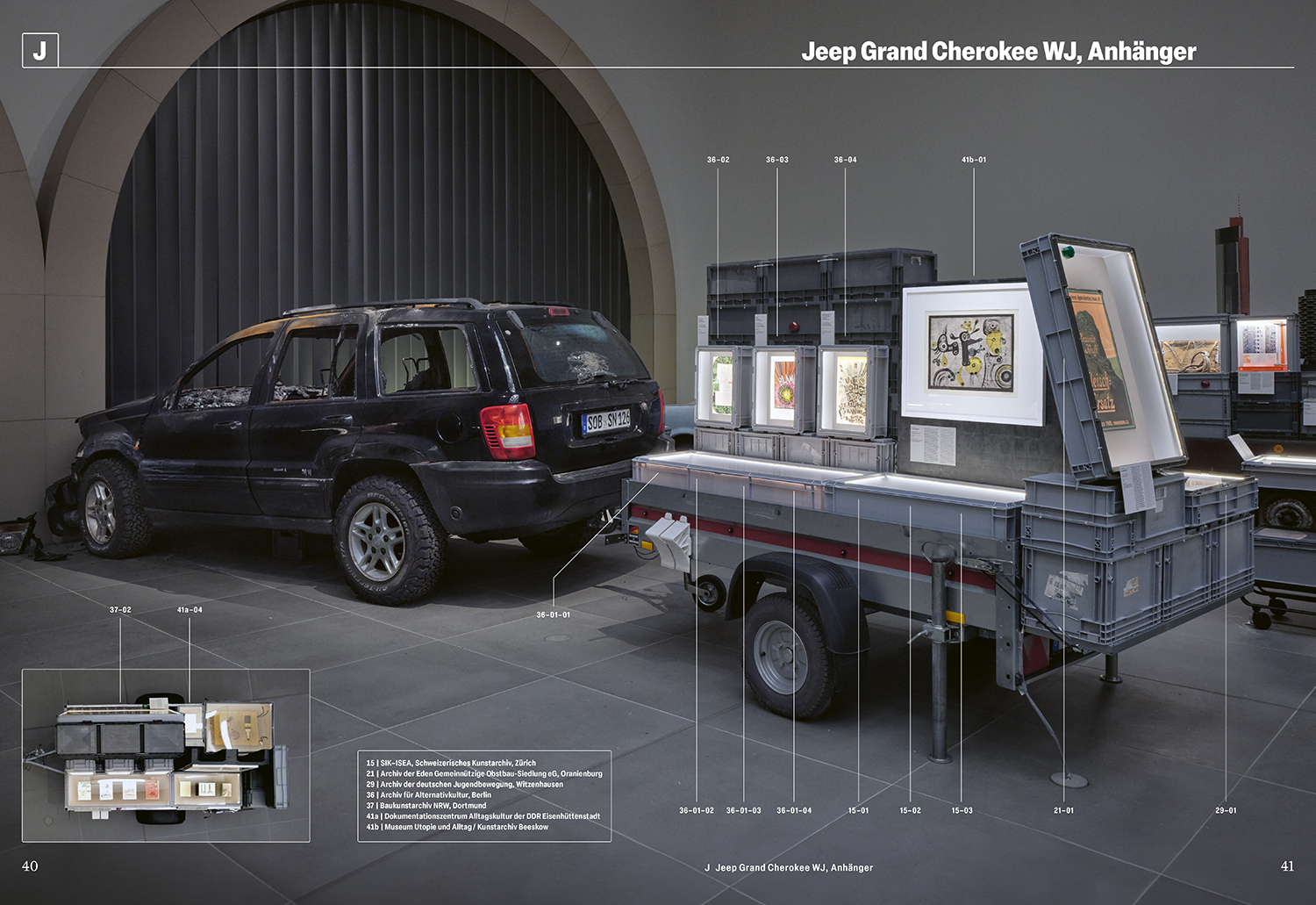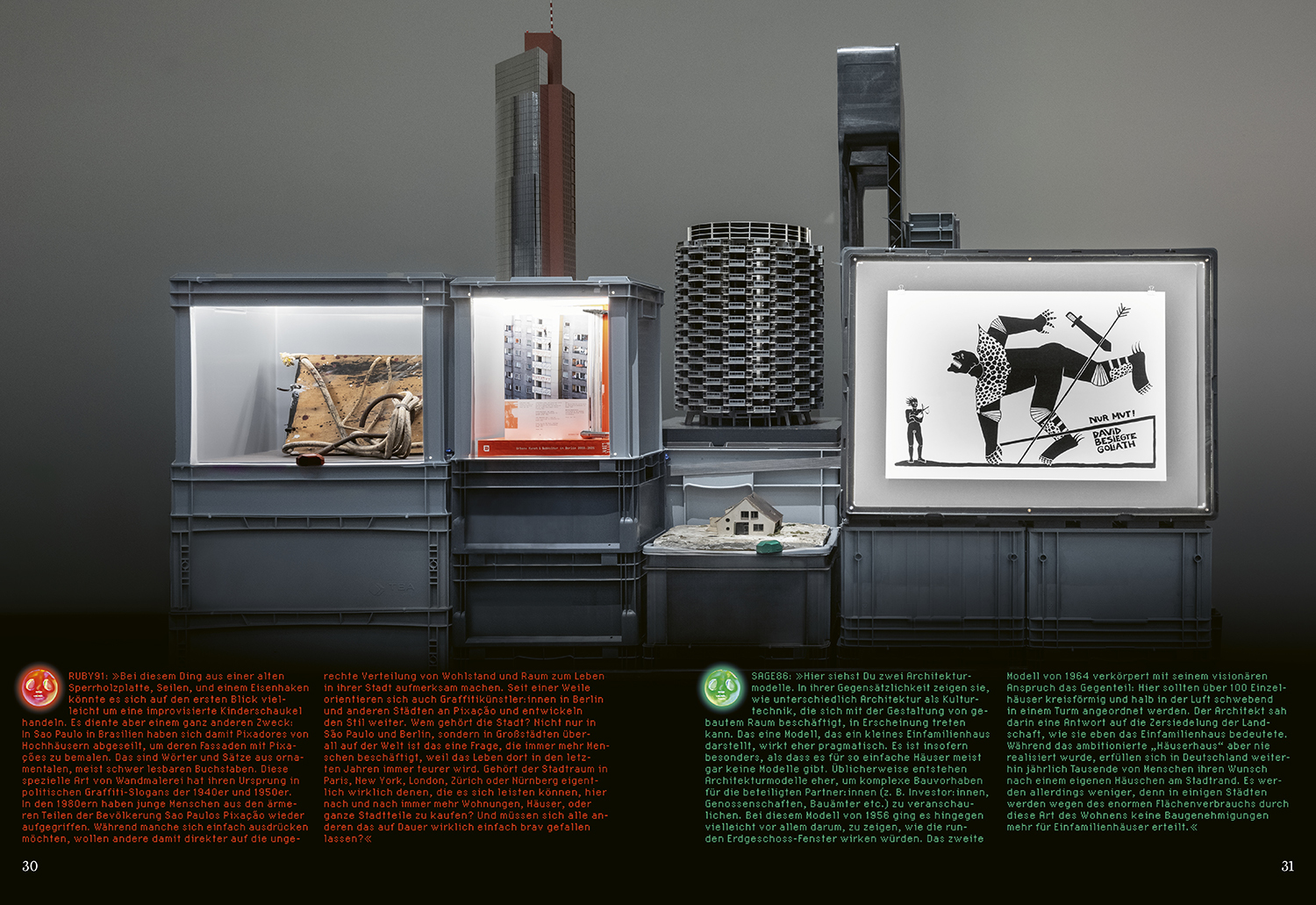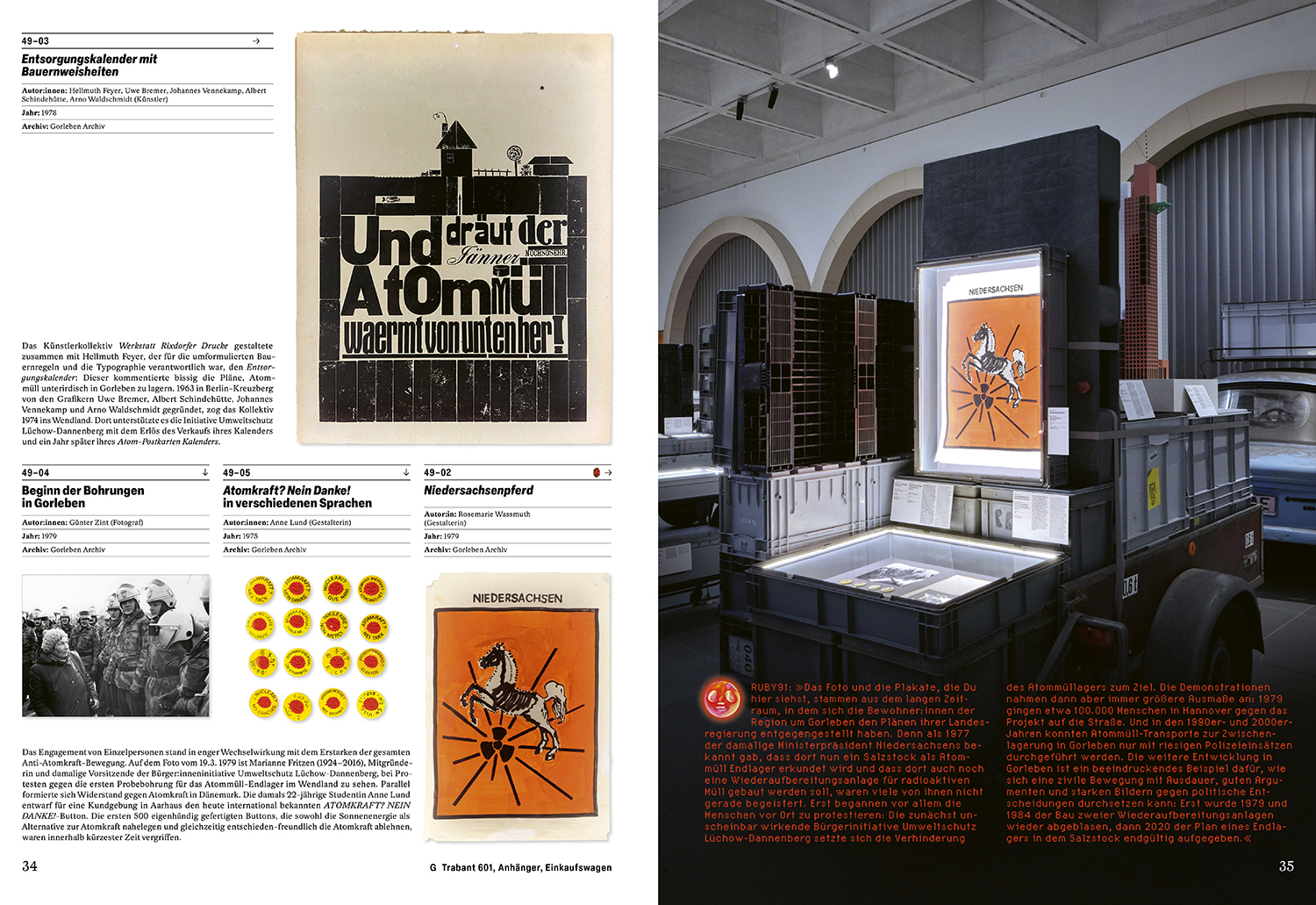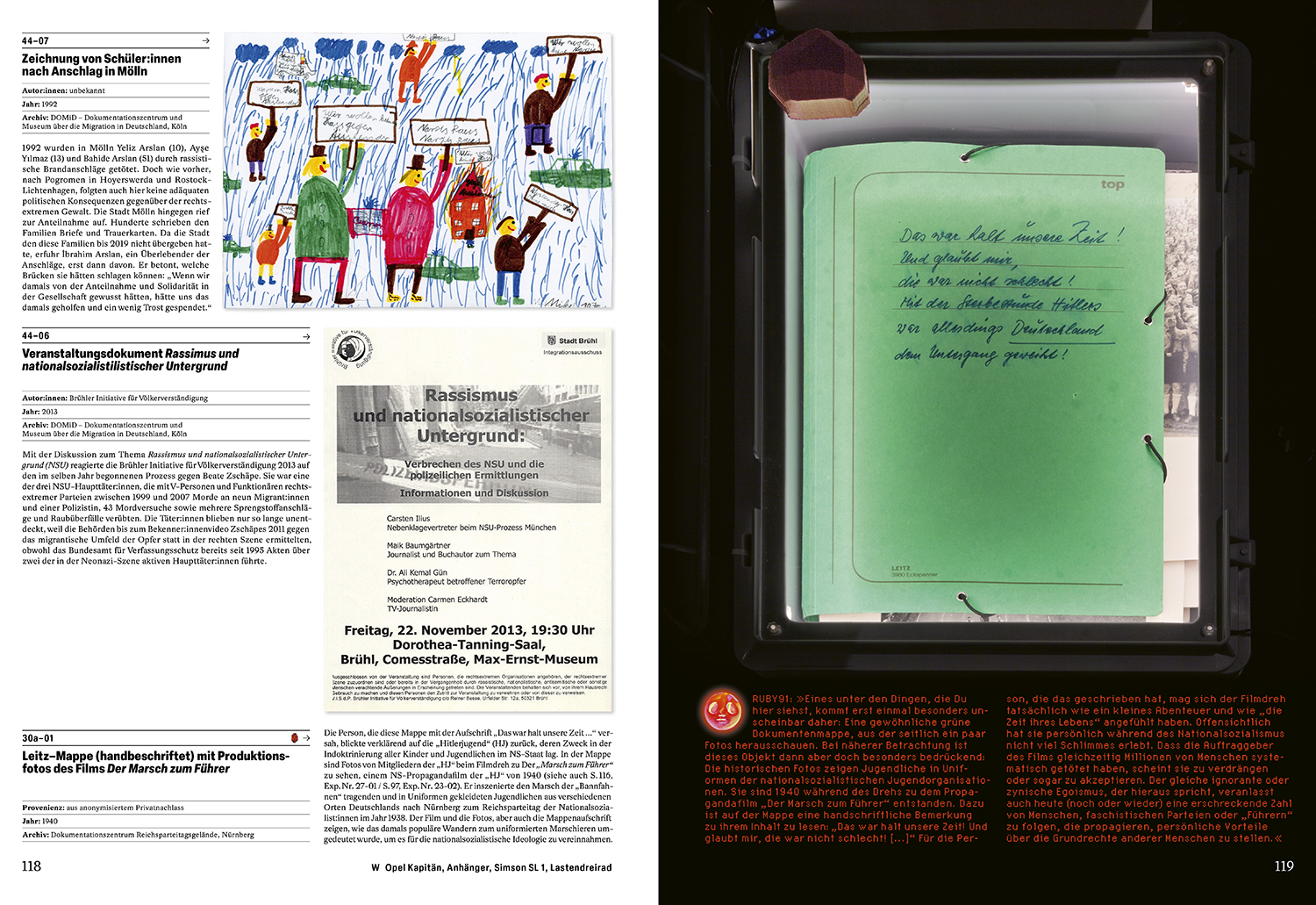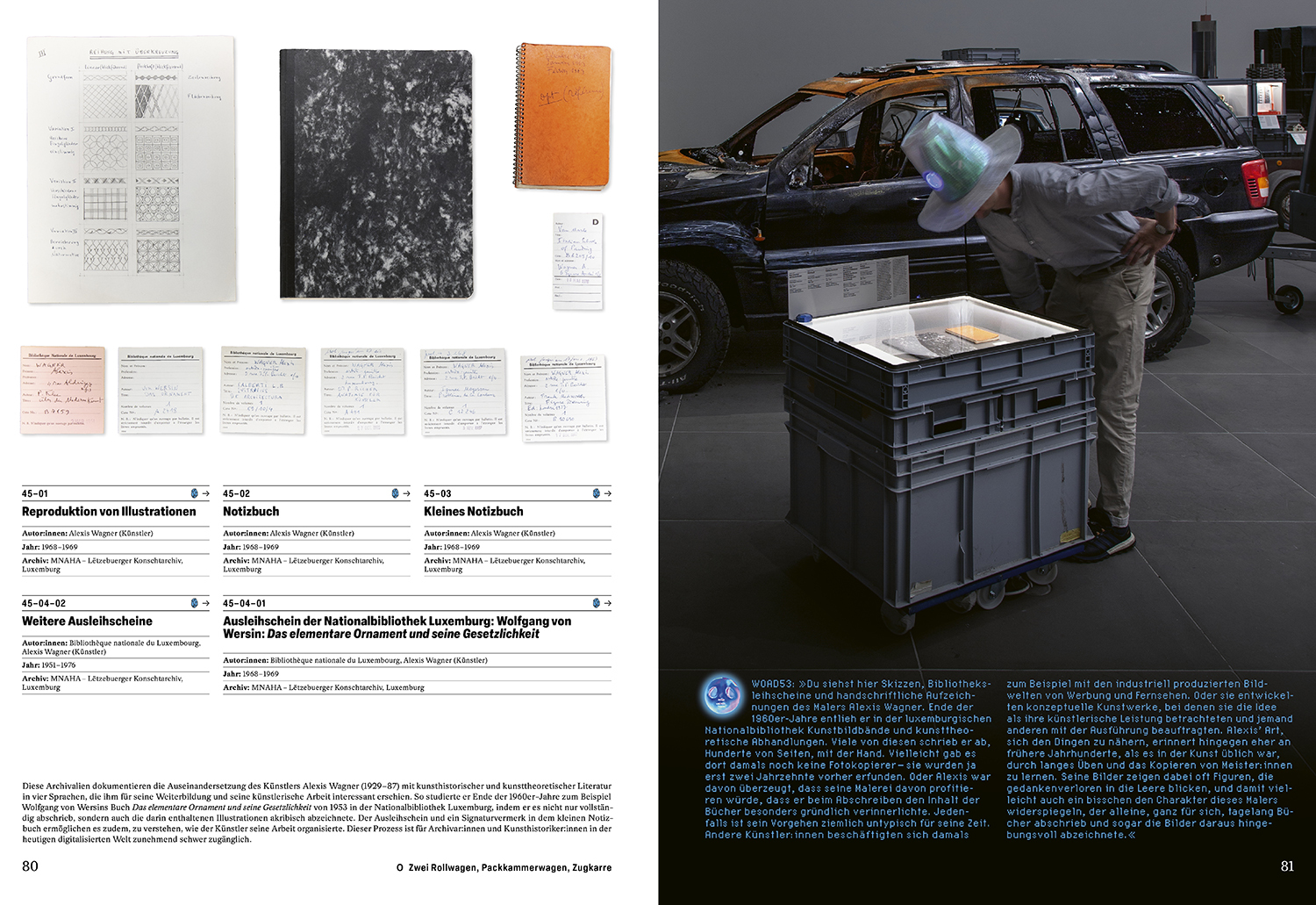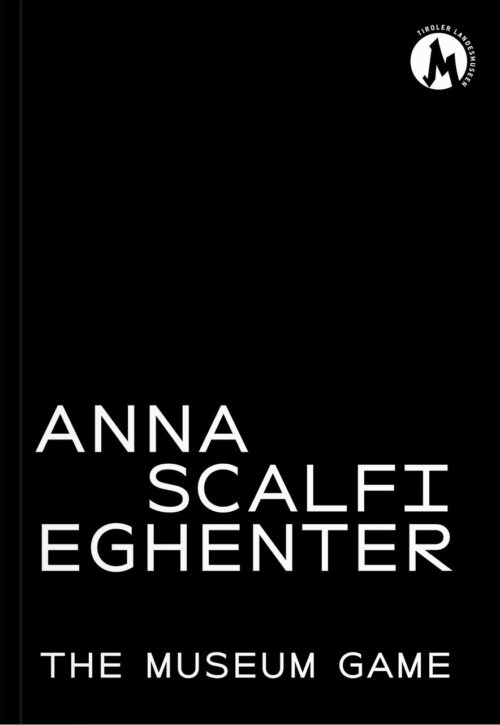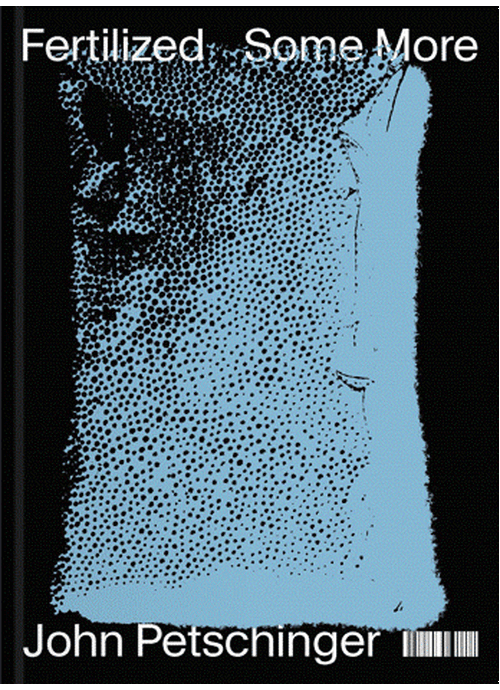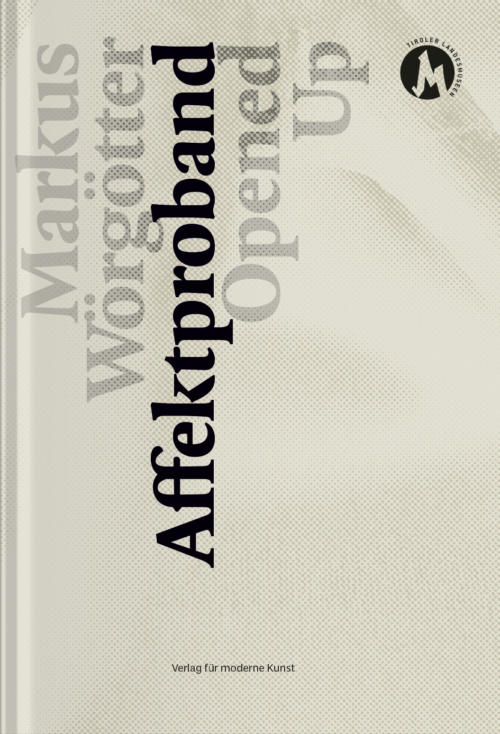
Why do we actually collect all the pictures and objects, documents, stories and poems that are to be found in archives? And what do they mean to us at a time when wars and totalitarian tendencies are upsetting social structures in many parts of the world and ecological crises are increasing?
With MEMORY MOVERS, Böhler & Orendt are showing an expansive installation at the Neues Museum Nürnberg with over 200 archived objects from 53 archives, illustrating the diversity of archival approaches and working methods. At the same time, the political side of archiving cultural objects is made evident here: it becomes obvious that every decision to preserve things in an archive is itself a political act, because a special value is attached to them. Many of the archival objects in MEMORY MOVERS have an overtly political dimension themselves, and show effects and continuities - of state repression, racism, patriarchal oppression and environmental destruction - in a time span that extends from the Thirty Years' War, colonialism, the Weimar Republic, National Socialism and the Cold War to the present day.
At the same time, MEMORY MOVERS shows how very different people – including activists, authors and artists – have broken through various forms of oppression in all these periods to enable solidarity and peaceful coexistence.
YOU MIGHT ALSO LIKE
HOME

